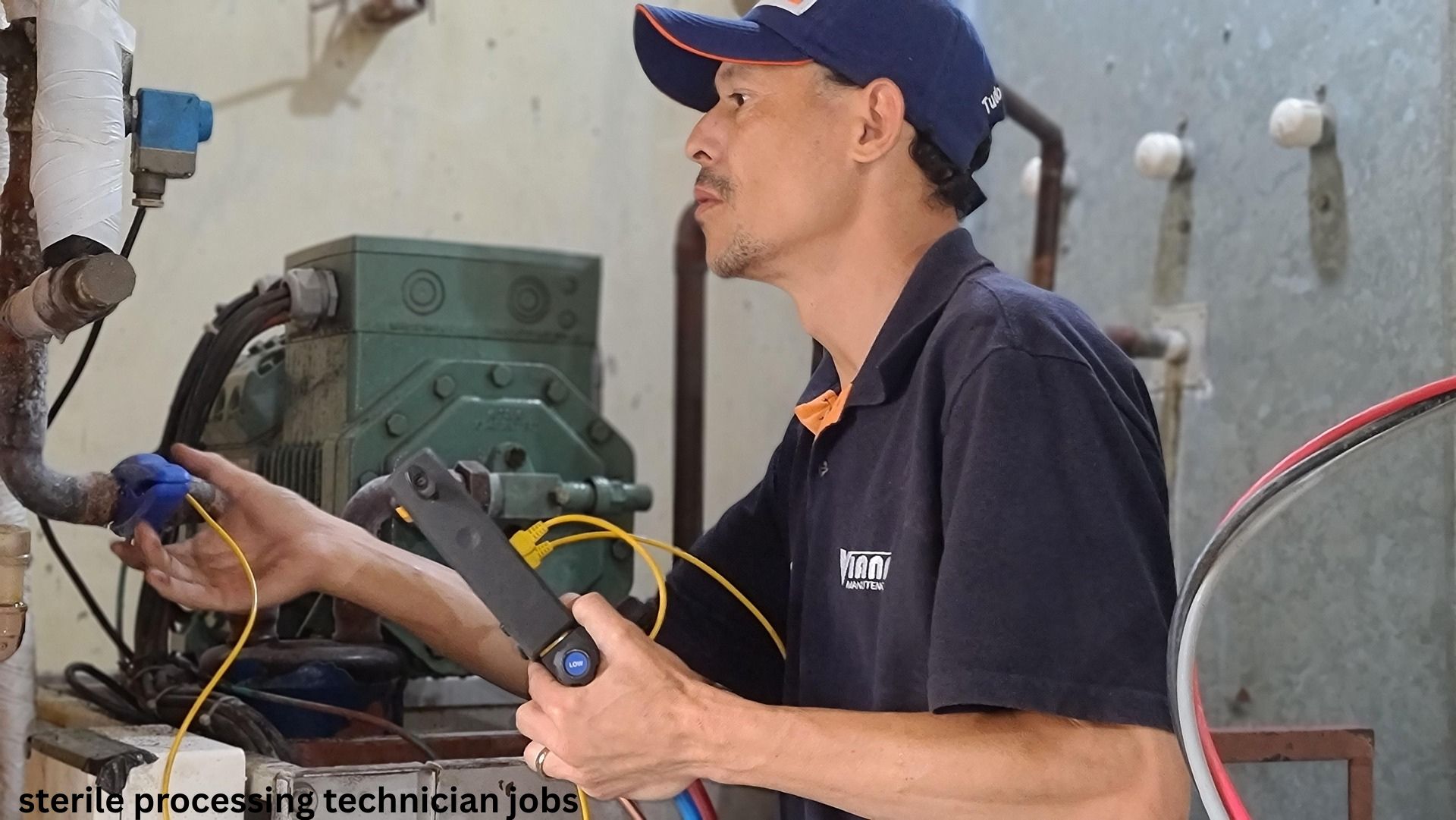Introduction
A sterile processing technician jobs (SPT), alternatively referred to as a central service technician or medical equipment preparer, is tasked with the decontamination, cleaning, assembly, sterilization, storage, and distribution of medical instruments and supplies utilized in surgical and other medical operations. Their efforts are crucial in averting infections and safeguarding the well-being of patients and healthcare personnel.
Primary Duties
Sterile processing technologists perform several responsibilities, including:
Decontamination: The process of cleaning and disinfecting surgical tools and equipment to eliminate biological contaminants.
Inspection: Assessing instruments for damage or wear and verifying their proper functionality.
Assembly: Coordinating and constructing instrument trays for designated procedures.
Sterilization: Employing techniques such as steam autoclaving or low-temperature sterilization to eradicate all microbiological organisms.
Storage and Distribution: Adequately store sterilized equipment and distribute it to other departments as required.
Inventories Management: Monitoring instrument inventories and procuring replacements as needed.
United States Career Institute
One additional unit
Censis +1
These duties necessitate meticulous attention, expertise in sterilizing methods, and compliance with stringent regulations to preserve a sterile environment.
Professional Settings
Sterile processing technologists generally operate within the U.S. Career Institute.
Hospitals: Specifically in surgical suites and central sterile supply departments.
Outpatient Surgical Centers: Facilities that conduct same-day surgical procedures.
Dental Clinics: Facilities necessitating the sterilization of dental instruments.
Laboratories: Environments where the sanitation of equipment is essential.
The position frequently requires shift work, encompassing nights, weekends, and holidays, to guarantee the continual availability of sanitized devices.
Compensation Anticipations
As of May 2025, the mean annual pay for a sterile processing technician in the United States is roughly $47,825, with an average hourly wage of $33.99. Entry-level roles often commence at approximately $38,000, although seasoned technicians may earn as much as $59,500 per year. Determinants of compensation encompass location, experience, certification, and the category of healthcare institution.
Employment Prospects
The demand for sterile processing technicians is anticipated to increase consistently. The Bureau of Labor Statistics projects an increase in work prospects for medical equipment preparers, driven by the aging population and the subsequent growth in surgical procedures. This expansion guarantees a stable employment market for anyone entering the profession.
Academic Qualifications and Credentials
Becoming a sterile processing technician often entails:
Verywell Health +3
YouTube +3
Education:
Pursuing a postsecondary certificate degree in sterile processing, typically lasting from several months to one year.
Certification:
Acquiring credentials like the Certified Registered Central Service Technician (CRCST) designation from the Healthcare Sterile Processing Association (HSPA) improves employment opportunities and signifies expertise.
Clinical Experience:
Acquiring practical experience via internships or on-the-job training is essential for skill enhancement.Certification prerequisites may differ by state; therefore, it is crucial to consult local rules.
Opportunities for Career Advancement
Sterile processing professionals can enhance their professional trajectories by:
Specialization: Concentrating on domains such as endoscope reprocessing or surgical instrument management.
Leadership Positions:
Advancing to supervisory roles within the sterile processing sector.
Advanced Education:
I am seeking further qualifications or degrees to shift into positions such as surgical technologist or healthcare management.Ongoing education and professional advancement are essential for career progression in this domain.
Conclusion
Positions as sterile processing technicians provide a crucial and rewarding career trajectory in the healthcare sector. This position offers excellent compensation, robust employment growth, and advancement prospects, making it suitable for those pursuing a significant career that directly impacts patient safety and care.
Acquiring the requisite education and certification enables you to pursue a steady and fulfilling career as a sterile processing technician.


